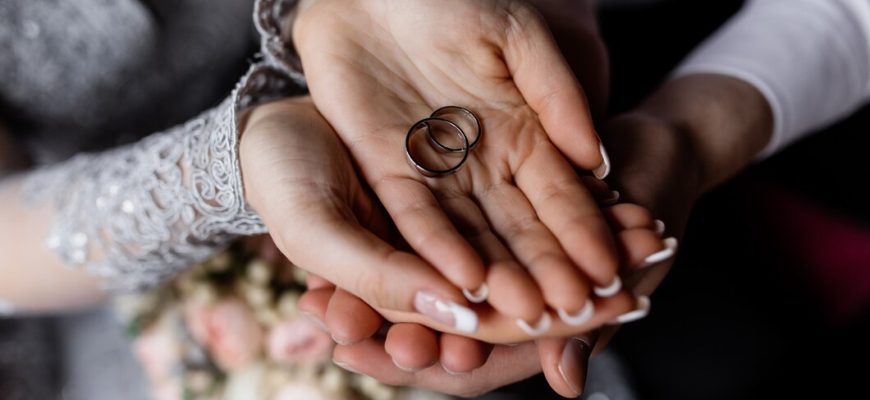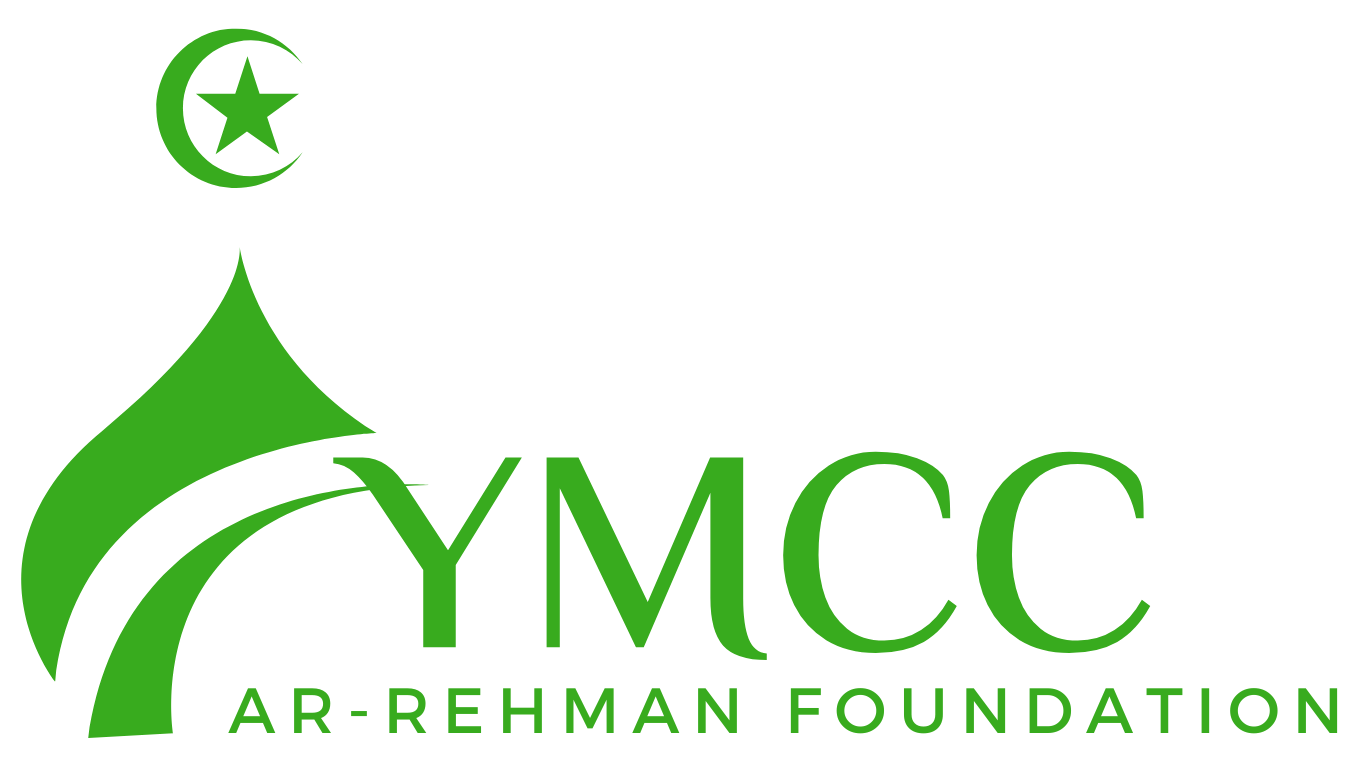Marriage Services

Understanding Marriage Services in Islam
Marriage in Islam is a significant and sacred institution, embodying both spiritual and social dimensions. It is viewed as a means to fulfill personal and communal responsibilities, fostering stability and harmony within society. Islamic marriage services typically include several essential components:
- Proposal and Agreement: The process begins with a proposal, where the prospective spouses express their intention to marry. This is often followed by negotiations and discussions between families to ensure compatibility and mutual consent.
- Nikah (Marriage Contract): The Nikah is the formal marriage contract, which is a vital element of Islamic marriage. It involves the consent of both parties and the offering of a Mahr (dowry) from the groom to the bride, as stipulated in the Qur’an. The Nikah is usually officiated by an Imam or a qualified person in the presence of witnesses.
- Wedding Ceremony: The wedding ceremony itself can vary in its formality and cultural practices but always involves reciting specific verses from the Qur’an and making prayers for blessings on the union.
- Celebration and Reception: The celebration of marriage, often including a reception or Walima, is a time for joy and communal sharing. The Walima is a Sunnah (tradition) of the Prophet Muhammad and is considered a significant part of the marriage process.
Charitable Aspects of Marriage: The Connection to Mosque Projects
Marriage in Islam is not only a personal milestone but also an opportunity to engage in acts of charity and communal good. A hadith highlights the ongoing value of charitable projects, including those associated with marriage:
Narrated by Abu Huraira: The Prophet Muhammad said, “When a man dies, his deeds come to an end except for three: a continuing charity (sadaqah jariyah), beneficial knowledge, or a righteous child who prays for him” (Sahih Muslim, Book 13, Hadith 4005).
This hadith underscores the importance of Sadaqah Jariyah (ongoing charity), which can include establishing or contributing to projects that benefit the community, such as mosques. The connection between marriage and charitable projects can be observed in various ways:
- Community Contributions: Families may choose to support charitable projects, such as mosque construction or maintenance, as part of their wedding celebrations. This reflects the spirit of giving and the desire to leave a positive legacy.
- Supporting the Mosque: In some cultures, couples may dedicate part of their Mahr or wedding gifts to fund mosque-related activities or educational programs, aligning their personal joy with communal benefit.
- Educational Initiatives: Marriage can also be a time to support educational initiatives run by mosques, such as Quranic schools or family counseling services, enhancing the well-being of the community.
Conclusion
Marriage in Islam is a profound and cherished institution that encompasses personal, social, and spiritual dimensions. The process is characterized by mutual consent, formal agreements, and communal celebrations. Additionally, integrating charitable aspects into marriage services, such as supporting mosque projects, reflects the Islamic values of ongoing charity and community support. By doing so, couples not only celebrate their union but also contribute to the well-being and development of their community, leaving a lasting and positive impact.
